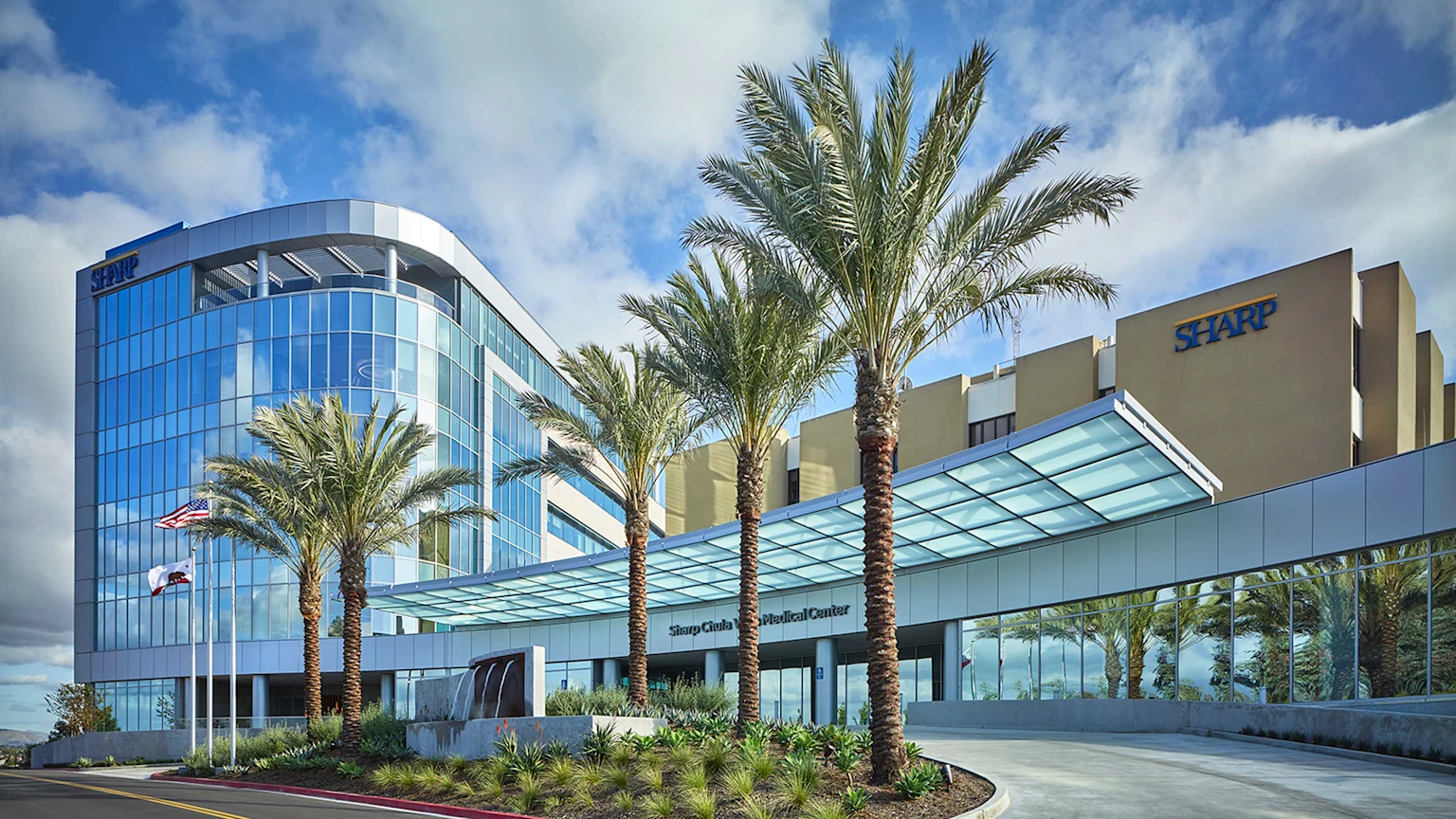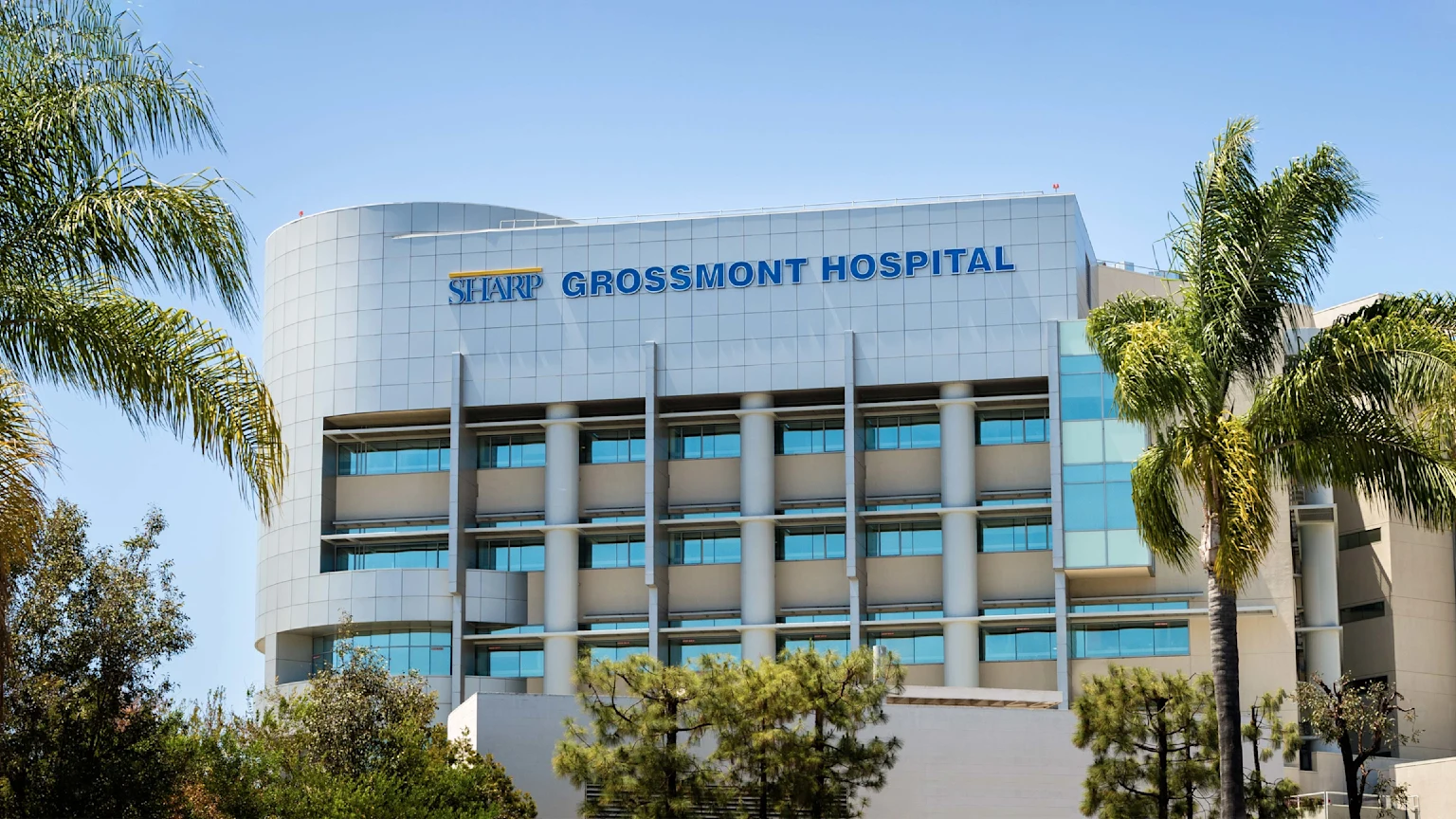Heart valve surgery
At Sharp, our expert care teams specialize in the latest in heart valve surgery — including minimally invasive mitral valve repair and replacement as well as aortic valve repair and replacement.

Specializing in heart valve disease treatment
Your heart has four valves — mitral, tricuspid, aortic and pulmonary — which ensure that blood flows in only one direction through the heart. Heart valve disease occurs when one or more heart valves do not work correctly, which can damage your heart over time.
At Sharp, we specialize in the surgical treatment of heart valve disease. Our expert caregivers use advanced technology — including the latest minimally invasive approaches — to perform heart valve repairs and replacements of mitral, aortic valve and tricuspid valves.
Our expert care team is here for you
Our robust team of internationally renowned health care professionals — including cardiac surgeons, cardiologists, nurses and board-certified pulmonologists and intensivists — will care for you before surgery through rehabilitation and recovery.
Treatments
Treatments for heart valve disease include drug therapy, heart valve repair surgery and heart valve replacement surgery. At Sharp, we provide the following options:
Frequently asked questions
Read our frequently asked questions to learn more about heart valve repair and replacement surgery, which is offered at Sharp Chula Vista Medical Center, Sharp Memorial Hospital and Sharp Grossmont Hospital.
Heart classes and seminars
San Diego heart valve surgery locations
We offer heart valve services at the following Sharp hospitals.



